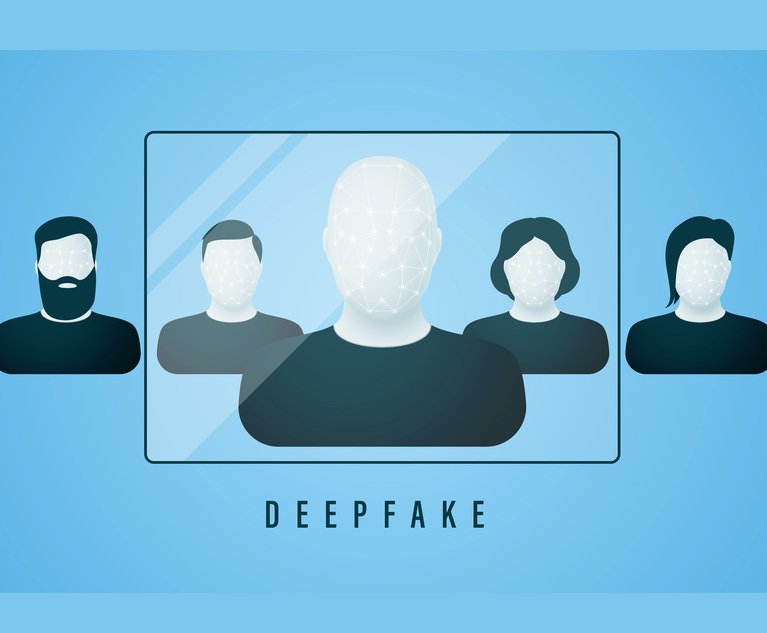The validity of the adage that people are entitled to their own opinions, but not to their own facts, has taken a beating of late. Generative artificial intelligence (AI), from which apparently genuine textual, visual and audio content can be manufactured with a few computer keyboard strokes (commonly known in the vernacular as “Deepfake”), has made it easy to counterfeit evidence of reality. The potential societal disruption posed by deepfake comes not just from the contamination of the intellectual marketplace with convincing evidence of utterly false facts. Perhaps even more perniciously, it undermines confidence in actual objective evidence of truth, since any proof that contradicts a demagogue’s mendacious position can now be effortlessly and believably dismissed as “fake” or a “hoax.” Evidence previously thought to be dispositive proof is now questioned, and seeing is no longer believing.
S-3926, introduced in the Legislature in June 2023 by primary sponsors Democratic Sen. Brian Stack and Republican Sen. Douglas Steinhardt, with Republican Sen. Kristin Corrado as co-sponsor, seeks to address the problems of deepfake. It would extend the crime of identity theft to include fraudulent impersonation or false depiction by means of artificial intelligence or “deepfake” technology. The bill has bipartisan support and has been referred to the Senate Judiciary Committee, of which Sen. Stack is chair and Sen. Corrado is the ranking member, and therefore it is likely to receive serious consideration.


 Adobe Stock
Adobe Stock




